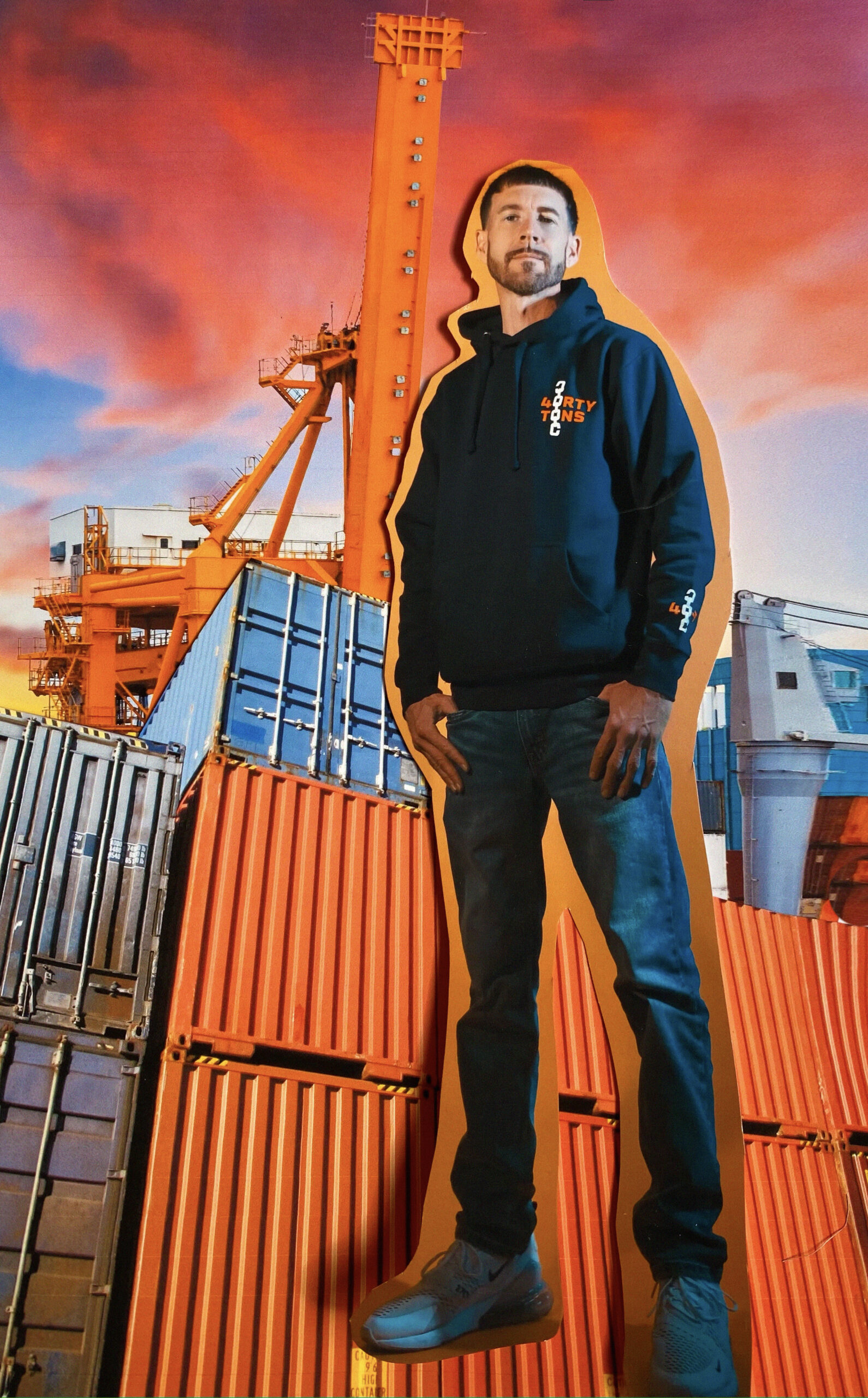Cannabis culture has long been steeped in advocacy. Between fighting for reform, championing environmental causes, and righting the wrongs of the war on drugs, activism is in our roots.
History aside, cannabis consumers are also inherently empathic, demonstrating higher levels of moral decision-making versus non-consumers. Additionally, key demographics like Gen Z and millennials are also far more likely to purchase products that make a difference when given the choice.
For cannabis companies, having a strong social impact strategy ensures they’re doing what’s right while also catering to the sensibilities of consumers. But what exactly does that mean?
Some base their entire brands around social impact, while others support causes near and dear to their hearts in a variety of ways such as donating a percentage of profits to organizations in alignment with their values or encouraging employees to volunteer. There is no one right way to engage — it’s the mission that’s most crucial.
“If we don’t provide a social impact element to this industry, then history will be forgotten,” said Anthony Alegrete, co-founder and COO of 40 Tons, a cannabis brand dedicated to raising awareness and providing opportunities to those impacted by the war on drugs.

40 Tons: Fighting for Justice
40 Tons is a quintessential social impact brand, inspired by an authentic passion for change. Anthony started the company along with his wife Loriel Alegrete and longtime friend Corvain Cooper. The three had their lives turned upside down in 2013 when Corvain and Anthony were criminally charged for their alleged roles in a cannabis trafficking operation.
Anthony was given two years in prison. Corvain received a life sentence without the possibility of parole. “It’s like, ‘no, this can’t happen,’” Corvain recalled of the day he was sentenced. “I didn’t have any belief in the justice system.”
Once Anthony was reunited with his family, he refused to stop advocating for his friend. He and Loriel, whose mother had found success with medical marijuana during her fight with cancer, worked with Corvain from the outside to create a legal cannabis brand, inspired by a newspaper headline that read, “Man Sentenced to Life for 40 Tons of Weed.”
The idea was to raise awareness for people like Corvain and help others who had gone through the same struggles.
“We wanted to make sure that we were first and foremost a social impact brand, and whatever we sold was just ancillary to what we represent,” Anthony explained.
“We figured if we can build a community of people around a common cause, that provides tools and resources to help folks, people would want to support that.”
Fortunately, Corvain was granted clemency in January 2021 by outgoing president Donald Trump and released from prison not long after.

Now, he works alongside his 40 Tons co-founders as the chief brand officer, sharing his story and bringing attention to the 40,000 people still in prison for non-violent cannabis offenses.
“I want to use my experience as the model,” Corvain said. “We want to help be responsible for saving another life, now that my life has been saved.” 40 Tons sells cannabis flower in dispensaries across California and has done several collaborations with other brands including in emerging markets.
They also offer a variety of apparel and merchandise, all bearing the 40 Tons logo.
However, the real work comes in the form of initiatives through the 40 Tons Foundation, a 501c3 that provides resources for marginalized communities, advocates for prisoners, and provides resources for incarcerated individuals once they’ve been released to help set them up on a path to success.
40 Tons also hosts career fairs with partner cannabis companies, featuring a range of educational seminars, expungement clinics, assistance with resume building, free headshots and haircuts for job-seekers, and even professional attire for those who need it.
“It’s one thing getting out [of prison] but now what are you going to do after you get out?” Corvain said. “How can we enable you to help your family and get back on your feet?”
Supporting Social Impact Sometimes Means Starting Small
Brands like 40 Tons aren’t just making a difference in the communities they serve — they’re also setting an example in the cannabis industry by bringing visibility to the equity challenges being faced and reminding us there’s still a long way to go with regard to restorative justice.
“If we’re going to have a legal market, make it fair and give people their freedom,” Anthony declared. Corvain agreed, pointing to the fact that criminalization is far from over. “No one really realizes that people are still currently getting locked up for marijuana charges — awareness is number one,” he added.

For operators wanting to do the right thing and boost their advocacy efforts, it can be difficult to know where to start. The initial discussions can sometimes feel just as overwhelming, but facing hard truths is the first step toward making real change.
“It’s extremely important that people have that initial conversation. Companies must be willing to talk about what it means to be a social impact brand,” said Loriel, who also acts as the 40 Tons CEO.
She recommends seeking out local organizations on the front lines of causes important to your company’s mission, whether it be social justice, sustainability, or animal rights.
“It’s about finding out who’s doing what and where, and then lending your support, whether that’s with your hands or with your pocketbook,” Loriel suggested.
Once your core cause is defined, it’s crucial to keep the mission at the center of brand communications. Encourage customers to get involved and champion your cause whenever possible. From social media to swag, elevate the company’s beliefs from all sides and hopefully, a ripple effect will soon be seen.
At a time when the cannabis industry is facing great adversity, social impact may feel like a lower priority. But if you ask Anthony and the 40 Tons family, the investment is more than worth it.
“Even though we may make less on the front end, in theory, we should be making more on the back end, because we’re helping society,” he said.
This article first appeared in Volume 4 Issue 4 of Cannabis & Tech Today. Read the full issue here. Header image courtesy of Emily Eizen.






